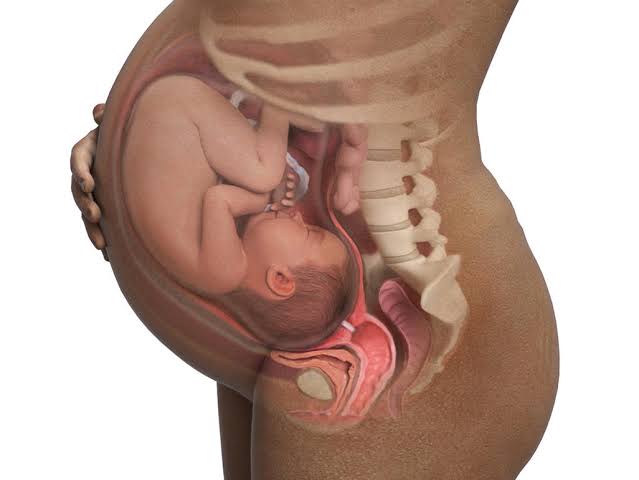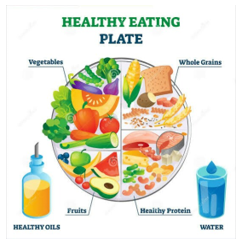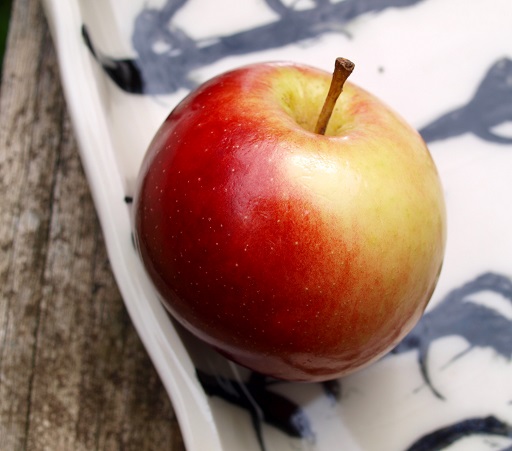Pre-conception nutrition needs
Are you trying to conceive? Even before that bun is in the oven, what you eat matters!
The pre-conception period is the time before or in between pregnancies. It is an important time for women of childbearing age (12-51yrs) to be in good health. Placental and foetal growths are most vulnerable to maternal nutritional status during implantation and rapid placental development, which occurs during the first few weeks of pregnancy.

Unfortunately, many women do not realize the importance of adopting a healthy lifestyle and adequate nutrition before conception. This can be quite dangerous because a mother may not know exactly when she gets pregnant.
Maintaining a healthy nutritional status during the pre-conception period is essential for increased fertility and a crisis-free/healthy pregnancy. It can also help you give birth to a healthy baby.
8 TIPS ON OPTIMAL NUTRITION DURING PRE-CONCEPTION PERIOD

- Consume Adequate diet: Adequate/balanced diet is a diet that contains varieties of foods from different food groups including fruits and vegetables, eggs, meat, fish, chicken, Dairies, cereals and grains, tubers, legumes, nuts, healthy fat and oils. Also, increased consumption of iron-rich or iron-fortified foods in conjunction with vitamin C rich foods; e.g. citrus, apples, bell peppers, etc. to enhance iron absorption in your daily diet.
- Maintain a healthy body weight: unhealthy eating habits lead to underweight, overweight, obesity, and multiple nutritional deficiencies. Women who are obese before conception tend to gain and retain more weight during pregnancy and are likely to develop pregnancy-related complications such as brain and spine defects, preterm delivery, stillbirth, gestational diabetes, hypertension, overweight foetus, low Apgar scores (new-born screening), postpartum anaemia, caesarean delivery, etc. It is advised that women should begin pregnancy with body mass index (BMI) between 18.5–24.9 kg/m2
- Consume key nutrients that improve fertility adequately: include essential fatty acids e.g. omega-3 and 6; Vitamins A, B2, B6, B complex, C, D, and E; Folic acid (400-mcg/day), Calcium, Iron, Zinc, and Magnesium in your diet. These are found in foods such as oily fish, flax seeds, eggs, dairies, nuts, vegetable oils; beef, chicken with varieties of fruits and leafy/dark green vegetables.

- Avoid exposure to alcohol, caffeine, and environmental toxins: because they can negatively impact overall health and fertility.
- Manage your stress and anxiety.
- Take enough fluid: ensure you consume at least 3 liters of water daily.
- Stay active: engage in mild exercise daily.
- Seek medical attention: consult with a Registered Dietitian Nutritionist for proper dietary management. Also, consult with a Gynaecologist for proper examination and treatment.
Conclusively, Good nutrition is an essential component of attaining a healthy pregnancy and birth outcome.
Adequate Food Guarantees Great Health; You Are What You Eat!
OGUNBAYO-OLABODE AZEEZAT (R.D.N.)
FOUNDER, HEALTHDEAL NUTRITION
Facebook page: https://www.facebook.com/precisedietitian/
E-mail: healthdealwithaz@gmail.com


